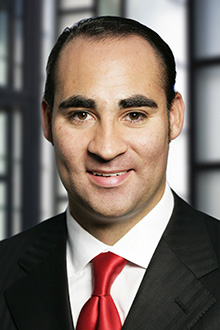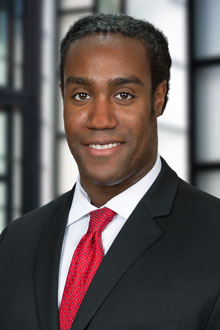Nevada Clarifies When the Heightened Standard of Common Carrier Liability Applies

(May 2020) - The long-standing case law in Nevada was that a common carrier owed a heightened duty of care to its passengers, at least for transportation-related risks. See Sherman v. S. Pac. Co., 33 Nev. 385, 405, 111 P. 416, 424 (1910) ("The rule . . . requires that a common carrier of passengers shall exercise more than ordinary care. It requires the exercise of extraordinary care, the exercise of the utmost skill, diligence, and human foresight.") (quoting Spellman v. Lincoln Rapid Transit Co., 36 Neb. 890, 55 N.W. 270, 271 (Neb. 1893)); Murphy v. S. Pac. Co., 31 Nev. 120, 125, 101 P. 322, 325 (1909) ("[A] railroad acting in the capacity of a common carrier of passengers is bound to use the utmost care and diligence for the safety of the passengers, and is liable for any injury to a passenger occasioned by the slightest negligence against which human prudence and foresight should have guarded."); See also Forrester v. S. Pac. Co., 36 Nev. 247, 276, 134 P. 753, 761 (1913) (similar). Cases following this traditional rule reasoned that a common carrier must exercise extraordinary care because "the passenger places himself or herself in the care of that common carrier and is unable to use his or her own faculties to prevent or avoid accidents and so is forced to rely on the common carrier to ensure that accidents are avoided." See 14 Am. Jur. 2d Carriers § 814 (2009).
Nevada recently clarified when the heightened standard applies to a mass transit carrier in the 2019 decision of First Transit, Inc. v. Chernikoff, 445 P.3d 1253, 1257-1258, 2019 Nev. LEXIS 44, at *8-10, 135 Nev. Adv. Rep. 32, 2019 WL 3502400. In First Transit, Inc. v. Chernikoff, the plaintiff was a 51 year-old intellectually disabled man, who died after choking to death on a sandwich while riding on a paratransit bus operated by First Transit. The plaintiff’s parents sued First Transit for negligence, alleging that First Transit, as a common carrier, owed the highest degree of care to Mr. Chernikoff. The issue on appeal was the jury instruction (No. 32) that stated:
At the time of the occurrence in question, the Defendant FIRST TRANSIT was a common carrier. A common carrier has a duty to its passengers to use the highest degree of care consistent with the mode of conveyance used and the practical operation of its business as a common carrier by paratransit bus. Its failure to fulfill this duty is negligence.
Id.
In analyzing this jury instruction in light of the evidence in that case, the Nevada Supreme Court noted that the common carrier liability and the heightened standard only applied to perils related to the hazards of transport. Specifically, the Nevada Supreme Court held that “a common carrier's heightened duty does not extend to protect passengers from non-transportation risks, such as those associated with eating.” (emphasis added) The Court reasoned that to extend First Transit's extraordinary duty to this situation would "go beyond the reason for the common carrier rule and treat public carriers specially for all purposes rather than for those risks associated with the conducting of its business. Id.
This article appeared in the Transportation Law Update May 2020 Newsletter.
Authors:
David Avakian, Partner
Micah Walker, Associate


